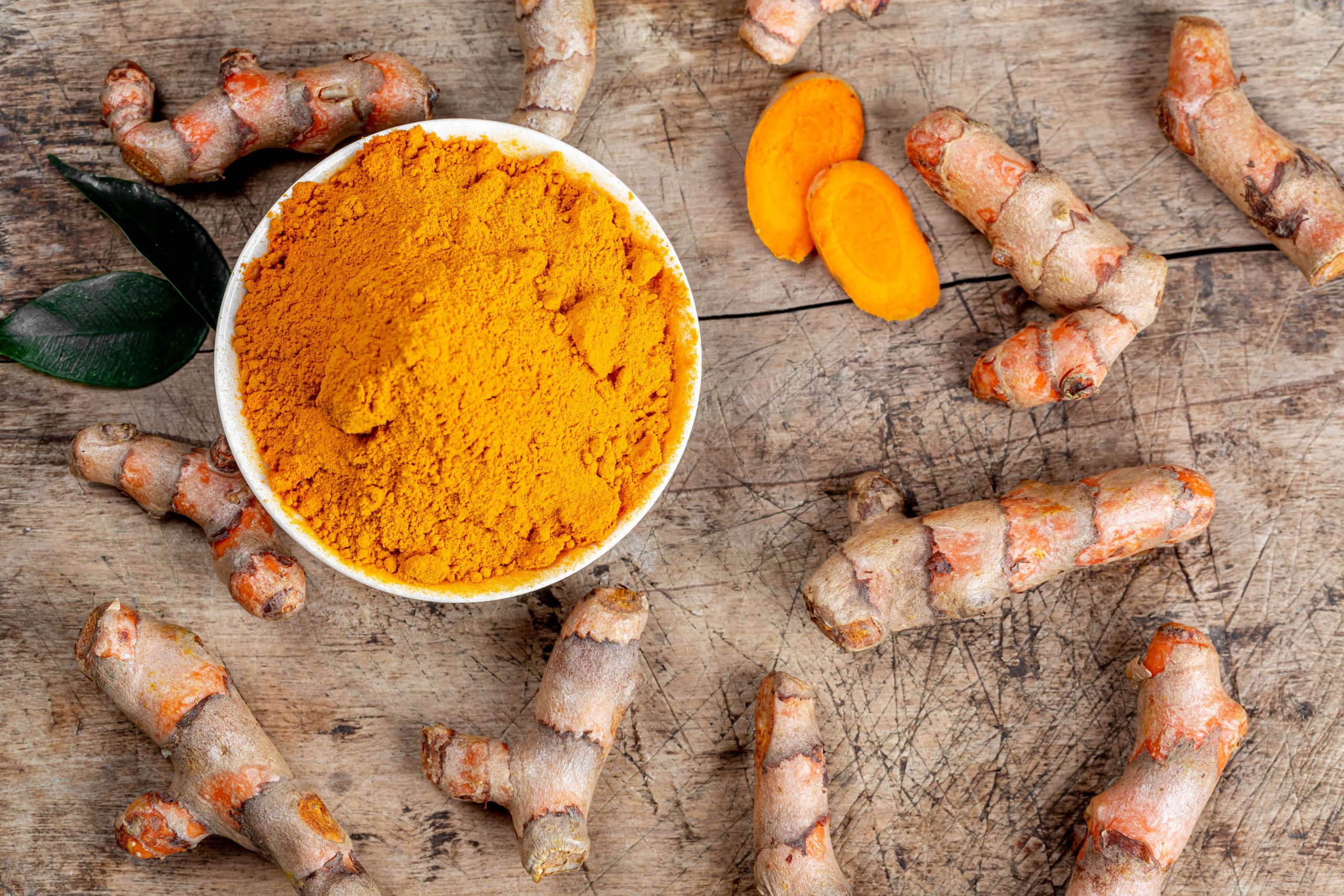
Introduction: When it comes to achieving weight loss goals and maintaining overall health, incorporating natural remedies and essential nutrients can provide valuable support. Two powerful elements that play a crucial role in weight management and overall well-being are turmeric and magnesium. These remarkable components have gained recognition for their potential benefits in various areas of wellness. In this comprehensive and detailed blog post, we will delve into the extensive ways in which turmeric and magnesium can enhance weight loss efforts, support overall health, and promote optimal well-being. From their impact on metabolism, energy production, and muscle function to their role in stress reduction, sleep quality, and immune function, we will explore the science-backed benefits of these incredible elements. Get ready to unlock the full potential of turmeric and magnesium and embark on a journey towards a healthier, happier you. Let’s dive in!
- 💪 Turmeric: Boosting Metabolism, Promoting Fat Burning, and Reducing Inflammation 💛
Turmeric, renowned for its vibrant color and distinct flavor, contains a powerful compound called curcumin. Curcumin has been extensively studied for its potential health benefits, including its role in weight management. One of the primary ways turmeric supports weight loss is by boosting metabolism. Research suggests that curcumin can increase thermogenesis, the process of heat production in the body, which can lead to increased calorie burning and support weight loss efforts.
Moreover, turmeric promotes fat burning by activating genes and enzymes involved in fat metabolism. It aids in the breakdown and oxidation of fats, contributing to reduced fat accumulation and improved weight management. Additionally, curcumin possesses potent anti-inflammatory properties, which can help alleviate chronic inflammation commonly associated with weight gain and hindered weight loss progress.
- 🌿 Magnesium: Supporting Energy Production, Muscle Function, and Sleep Quality 🏋️♀️
Magnesium is an essential mineral that plays a vital role in numerous bodily functions. When it comes to weight loss, magnesium offers several benefits. Firstly, magnesium is involved in energy production at a cellular level. It plays a key role in converting food into energy, which is essential for maintaining an active lifestyle, supporting exercise performance, and sustaining metabolic functions.
Furthermore, magnesium supports muscle function and recovery. Adequate magnesium levels help maintain proper muscle contractions, prevent muscle cramps, and support overall muscle health. Regular physical activity, including strength training, can promote weight loss by increasing muscle mass and boosting metabolism. By ensuring sufficient magnesium intake, you can support your exercise routine, optimize muscle function, and enhance your weight loss efforts.
Additionally, magnesium plays a crucial role in sleep quality and relaxation. A good night’s sleep is essential for weight management as it regulates appetite hormones and helps maintain a healthy metabolism. Magnesium can promote restful sleep by relaxing muscles, calming the nervous system, and regulating the production of sleep-inducing neurotransmitters.
- ⚡ The Synergy of Turmeric and Magnesium: A Powerful Combination for Weight Loss and Overall Well-being 🤝
Combining the benefits of turmeric and magnesium creates a synergistic effect that enhances their individual properties for weight loss and overall well-being. The metabolism-boosting properties of turmeric, combined with the energy production, muscle function support, inflammation reduction, and sleep quality enhancement from magnesium, create a dynamic duo that can maximize weight management outcomes.
The enhanced metabolism from turmeric, along with the energy production and muscle support from magnesium, can help increase calorie burning, promote fat oxidation, optimize muscle function, and support exercise performance. Additionally, the anti-inflammatory properties of turmeric, coupled with the relaxation and sleep-enhancing effects of magnesium, contribute to stress reduction and overall well-being.
- 🥗 Incorporating Turmeric and Magnesium into Your Daily Routine 🍽️
To incorporate the benefits of turmeric and magnesium into your weight loss and overall well-being routine, consider the following practical tips:
- Add turmeric powder or freshly grated turmeric root to a variety of dishes, including smoothies, curries, soups, roasted vegetables, or dressings, to enjoy its distinctive flavor and reap the weight loss benefits.
- Incorporate magnesium-rich foods into your diet, such as leafy greens, nuts, seeds, legumes, whole grains, avocados, and dark chocolate. These foods provide natural sources of magnesium and can support your overall well-being.
- Consider magnesium supplements to ensure optimal intake, particularly if you have low magnesium levels or are unable to meet your daily requirements through diet alone. Consult with a healthcare professional to determine the appropriate dosage and quality of supplements for your specific needs.
- Practice stress management techniques, such as meditation, deep breathing exercises, or yoga, to further enhance the synergistic effects of turmeric and magnesium on stress reduction and overall well-being.
- Prioritize sleep hygiene practices, such as establishing a regular sleep schedule, creating a soothing bedtime routine, and optimizing your sleep environment. Combine this with the relaxation-promoting properties of magnesium to support quality sleep and weight management.
Conclusion: Turmeric and magnesium offer powerful support for weight loss, overall health, and optimal well-being. By incorporating these elements into your daily routine, you can tap into the metabolism-boosting properties of turmeric, benefit from energy production, muscle function support, inflammation reduction, and sleep quality enhancement of magnesium, and optimize your weight loss journey and overall well-being. Embrace the power of turmeric and magnesium, fuel your body with essential nutrients, practice healthy habits, and enjoy the transformative results on your path to a healthier, happier you.









